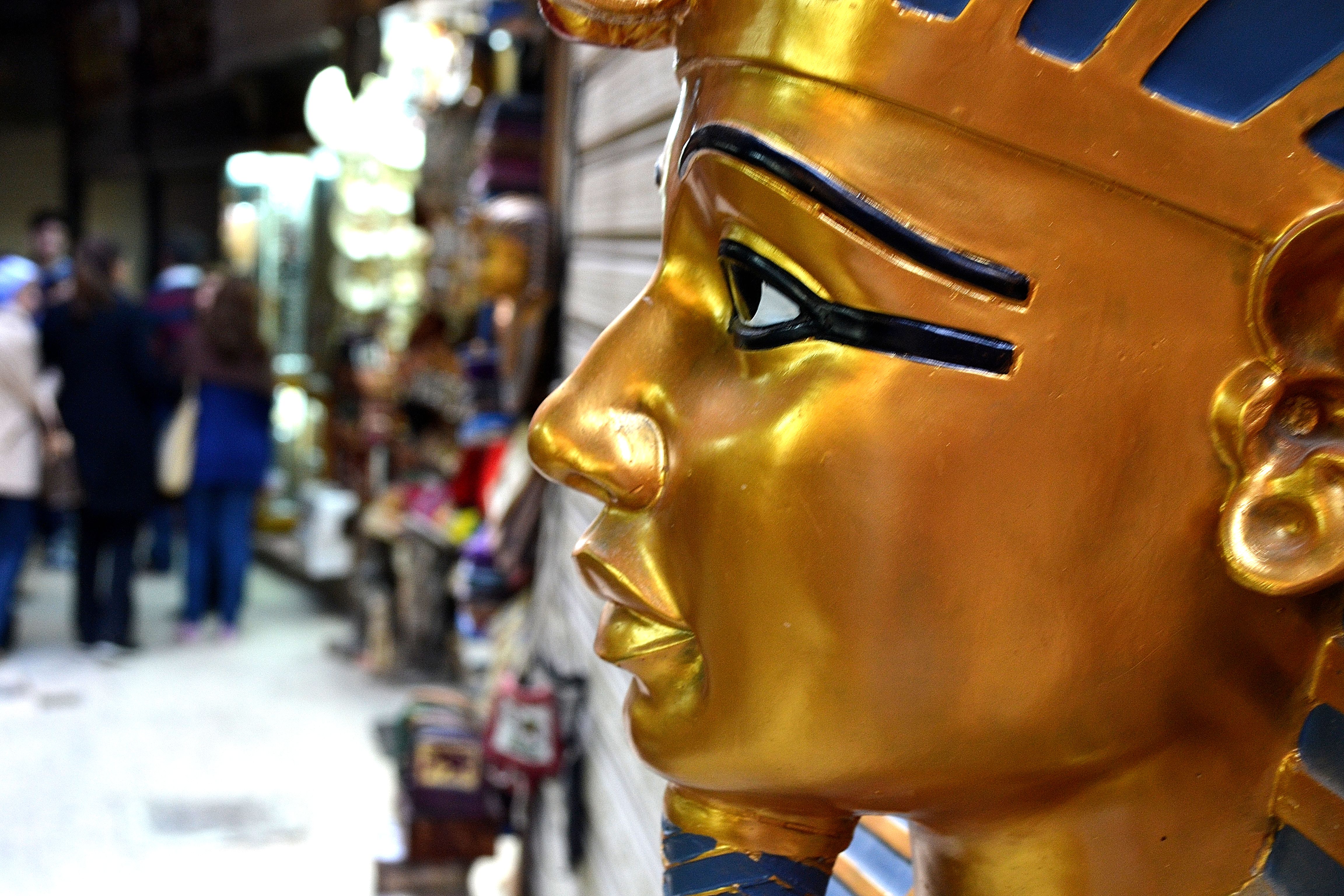Through the past three years, Egypt has witnessed a turbulent economic and political atmosphere. From the Port Said Stadium Massacre to frequent unrest at Tahrir Square and the recent toppling of Islamist president Mohammed Morsi, tourists often start to think that Egypt has become unsafe. This has resulted in very low hotel occupancy rates – with only 30% occupancy during peak times – and has severely impacted Egypt’s tourism sector, leading to higher unemployment and the closure of several businesses. However, despite the lack of law and order, very little of Egypt’s instability actually impacts the tourists. All major tourist attractions are well-guarded and locals are more than glad to be receiving foreigners (you are their business!). Going to the Citadel in Cairo – for example – you cannot enter with a vehicle unless you are part of a tour group (or are a government official). Upon entering the Citadel, you then have to go through a security check (normally metal detectors) and most Egyptians are asked to show their ID cards. The same rules apply almost everywhere – with some obvious exceptions – throughout Egypt: from Luxor and…



